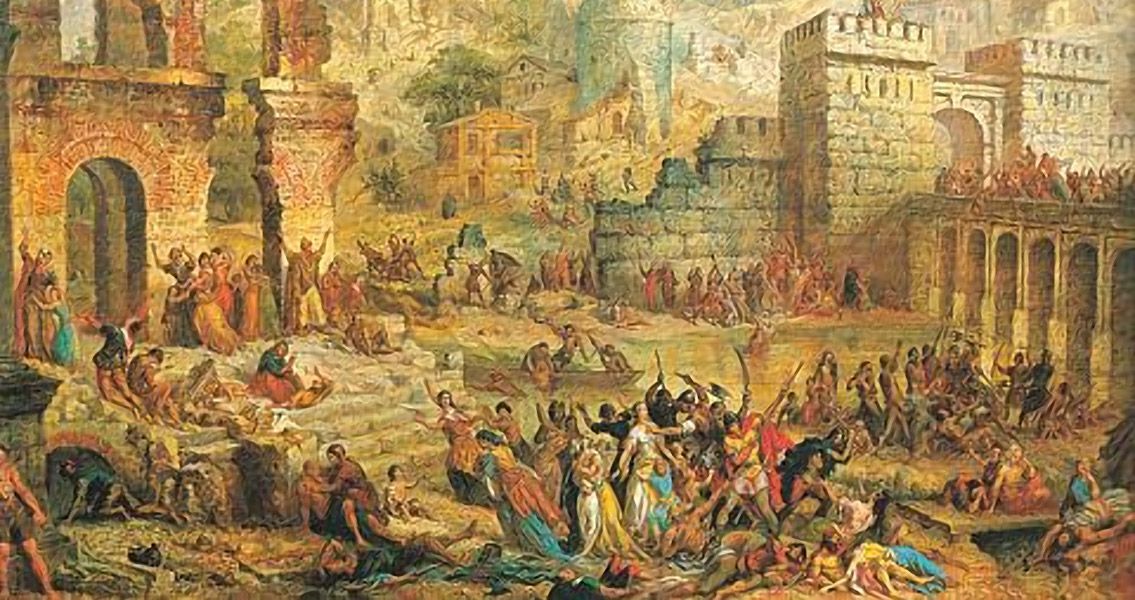<![CDATA[800 Jews were brutally massacred in the city of Worms, Germany on 18th May, 1096. The horrific event was just one in a series of brutal anti-Semitic pogroms in France and Germany during the First Crusade. The massacre reveals the fragile control held by church and political figures during the Middle Ages. Pope Urban II had called the First Crusade in December 1095. It came in response to stories filtering through Europe that Christian pilgrims to Jerusalem were the victims of attacks by the Seljuk Empire that had come to occupy all of Asia Minor. Launched to recapture the Holy Land from the Muslim Seljuks and thus guarantee the safe passage of European Christian pilgrims to the Middle East's Holy Sites, the First Crusade quickly exploded into something far more far reaching as simmering xenophobia, religious division and outright jealousy came to the surface. The Crusade created a swell of religious fundamentalism, as European Christians started to take notice of 'enemies' closer to home: Jews and other non-Christians living in Europe. By the start of 1096, an army of some 25,000 to 30,000 men had amassed in France, ready to head to the Middle East. This vast force, made up of a significant number of unprofessional soldiers from the peasantry, was consumed by religious fervour; a firm belief that salvation could be won by carrying out God's wishes. Jews were often considered the 'killers of Christ' in Western Europe, and the substantial Ashkenazi Jewish population in the Rhineland region quickly became a target. Rioting broke out among the troops marching through the Rhineland, with shocking consequences. Days before the killings in Worms, a group of crusaders under the command of Count Emicho of Leiningen surrounded a synagogue in the Rhineland town of Speyer. The Jews inside barricaded the door, fearing for their lives. Frustrated, the soldiers tore through the town looking for new victims. In total, eleven Jews were killed, many in their homes, before the army moved on. Events in Speyer were shocking, but it was just a precursor to what followed when Emicho's troops reached Worms. Some accounts claim that rumours had spread that the city's Jews were poisoning wells, the accusation pushing the soldiers into unleashing a terrible wave of violence. Jews were attacked and murdered in their homes if they refused to be baptised. Their bodies were stripped of clothes and jewellery, and their houses looted and then burned to the ground. Worms' bishop attempted to shelter some of the city's Jewish population, with little success, as even his palace was attacked. His actions do however, reveal a contrast in the time of the First Crusade, with some religious figures attempting to prevent the civil unrest which exploded among their communities. In Cologne, for example, the local bishop managed to successfully protect some Jews in his own home, before escorting them to the safety of other towns in the region. Similarly viscous pogroms to that in Worms took place in Mainz and other cities close to the Rhineland as the crusaders made their way towards Constantinople. In total, it is estimated some 5,000 Jews were killed in the region that is now Germany by the time the crusader army had passed through.]]>
Anti-Semitic Massacre Kills 800 Jews in Worms
